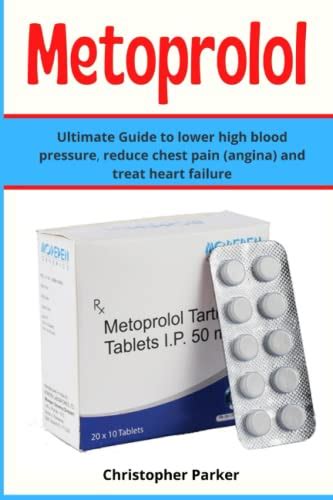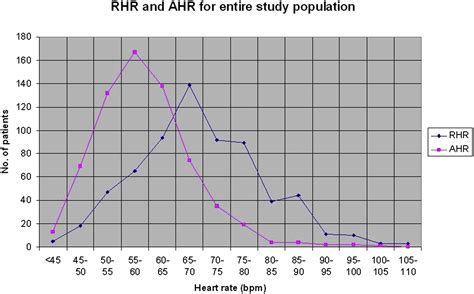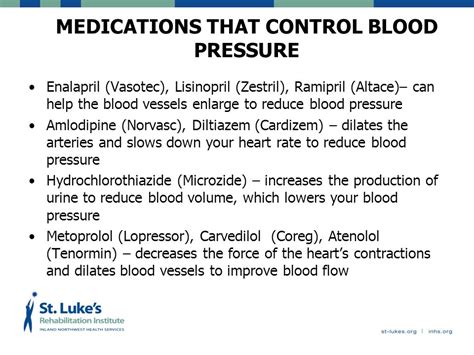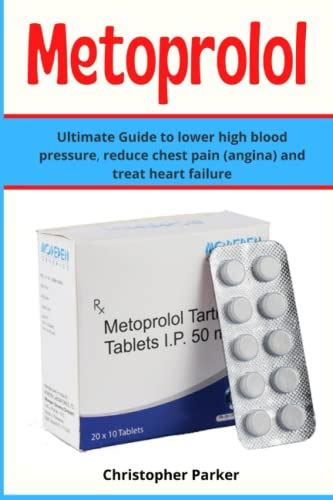Intro
Discover how Metoprolol works to treat hypertension, angina, and heart failure through its beta-blocking effects, reducing heart rate, and lowering blood pressure, while also exploring its role in cardiovascular health and management of cardiac conditions.
Metoprolol is a widely prescribed medication that belongs to the class of beta-blockers. It is primarily used to treat high blood pressure, chest pain (angina), and certain heart-related conditions. The drug works by affecting the heart and blood vessels, which in turn helps to reduce the risk of heart attack and stroke. Understanding how metoprolol works is crucial for patients who are taking this medication, as it can help them appreciate the importance of adherence to their prescribed treatment plan.
The mechanism of action of metoprolol involves blocking the effects of the hormone epinephrine, also known as adrenaline, and reducing the heart rate and the force of the heart's contractions. This leads to a decrease in blood pressure, which can help to reduce the risk of heart disease. Additionally, metoprolol can help to improve blood flow to the heart, which can help to reduce the risk of heart attack. With its ability to improve cardiovascular health, metoprolol has become a staple in the treatment of various heart conditions.
The benefits of metoprolol are numerous, and its effectiveness has been proven in numerous clinical trials. By reducing blood pressure and heart rate, metoprolol can help to decrease the workload on the heart, which can help to improve overall cardiovascular health. Furthermore, metoprolol has been shown to reduce the risk of heart attack and stroke, making it an essential medication for patients who are at high risk of these conditions. As with any medication, it is essential to follow the prescribed dosage and treatment plan to ensure the maximum benefits of metoprolol.
How Metoprolol Lowers Blood Pressure

Benefits of Lowering Blood Pressure
The benefits of lowering blood pressure with metoprolol are numerous. Some of the most significant advantages include: * Reduced risk of heart attack and stroke * Improved cardiovascular health * Decreased risk of kidney disease * Reduced risk of vision loss due to high blood pressure * Improved overall health and well-beingHow Metoprolol Reduces Heart Rate

Benefits of Reducing Heart Rate
The benefits of reducing heart rate with metoprolol are numerous. Some of the most significant advantages include: * Reduced risk of heart attack and stroke * Improved cardiovascular health * Decreased risk of arrhythmias * Reduced risk of heart failure * Improved overall health and well-beingHow Metoprolol Improves Blood Flow to the Heart

Benefits of Improved Blood Flow
The benefits of improved blood flow with metoprolol are numerous. Some of the most significant advantages include: * Reduced risk of heart attack and stroke * Improved cardiovascular health * Decreased risk of peripheral artery disease * Reduced risk of kidney disease * Improved overall health and well-beingHow Metoprolol Reduces the Risk of Heart Attack

Benefits of Reducing Heart Attack Risk
The benefits of reducing heart attack risk with metoprolol are numerous. Some of the most significant advantages include: * Reduced risk of death from heart disease * Improved cardiovascular health * Decreased risk of heart failure * Reduced risk of stroke * Improved overall health and well-beingHow Metoprolol Improves Overall Health and Well-being

Benefits of Improved Overall Health
The benefits of improved overall health with metoprolol are numerous. Some of the most significant advantages include: * Reduced risk of death from heart disease * Improved cardiovascular health * Decreased risk of heart failure * Reduced risk of stroke * Improved overall quality of lifeWhat is metoprolol used for?
+Metoprolol is used to treat high blood pressure, chest pain (angina), and certain heart-related conditions.
How does metoprolol work?
+Metoprolol works by blocking the effects of epinephrine on the heart and blood vessels, which leads to a decrease in blood pressure and heart rate.
What are the benefits of taking metoprolol?
+The benefits of taking metoprolol include reduced risk of heart attack and stroke, improved cardiovascular health, and decreased risk of kidney disease.
In conclusion, metoprolol is a powerful medication that can help to improve cardiovascular health and reduce the risk of heart disease. By understanding how metoprolol works and the benefits it provides, patients can appreciate the importance of adherence to their prescribed treatment plan. If you have any questions or concerns about metoprolol, be sure to speak with your doctor or healthcare provider. They can provide you with personalized guidance and support to help you get the most out of your treatment. We encourage you to share this article with others who may be interested in learning more about metoprolol and its benefits. By working together, we can help to improve cardiovascular health and reduce the risk of heart disease.
